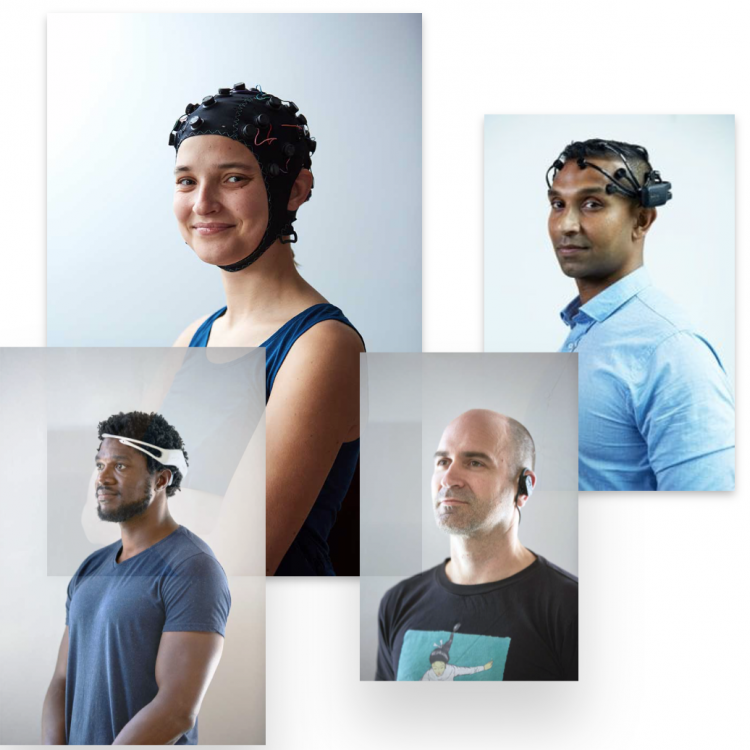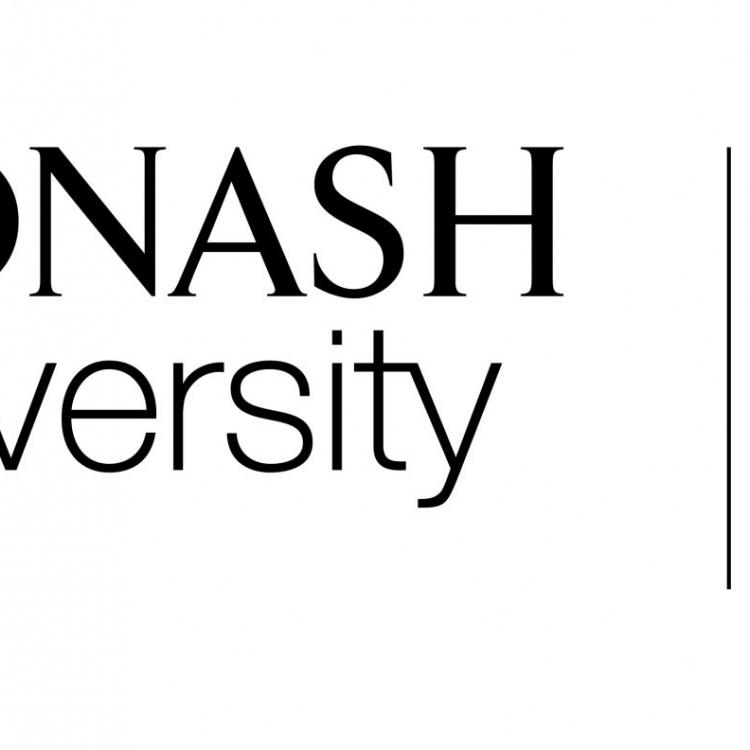Matching thermal spectrum face images against visible spectrum face images has received increased attention in the literature, due to its broad applications in the military, commercial, and law enforcement domains. Thermal emissions from the face images are less sensitive to changes in ambient lighting.
Research projects in Information Technology
Displaying 61 - 70 of 186 projects.
Interoperability (using FHIR) in cutting-edge medical software systems
Critical work to the future of healthcare ... exploring the role of #FHIR in interoperability and #datascience
Also allowing exploration and usage of the #SMART on #FHIR software paradigm
Involves working with various real world health services and health IT partners
#digitalhealth #health #EMR #hospital #software
Explainable and Robust Deep Causal Models for AI assisted Clinical Pathology
We are living in the era of the 4th industrial revolution through the use of cyber physical systems. Data Science has revolutionised the way we do things, including our practice in healthcare. Application of artificial intelligence/machine learning to the big data from genetics and omics is well recognized in healthcare, however, its application to the data reported everyday as part of the clinical laboratory testing environment for improvement of patient care is under-utilized.
Privacy-Preserving Machine Learning
With success stories ranging from speech recognition to self-driving cars, machine learning (ML) has been one of the most impactful areas of computer science. ML’s versatility stems from the wealth of techniques it offers, making ML seem an excellent tool for any task that involves building a model from data. Nevertheless, ML makes an implicit overarching assumption that severely limits its applicability to a broad class of critical domains: the data owner is willing to disclose the data to the model builder/holder.
Reconstructing the Past through Immersive Media
Recent advances in technology mean we can now reappraise the exploration of the past as a future-aligned endeavour. The definition of the ‘past’ here is broad; the reconstruction of a bygone world may derive from relatively recent written texts or photographic archives, from centuries old remains uncovered in archaeological excavations, or even far back in ‘deep time’, to the long-vanished ecologies evidenced in the fossil record.
Learning from massive amounts of EEG data
The existing deep learning based time series classification (TSC) algorithms have some success in multivariate time series, their accuracy is not high when we apply them on brain EEG time series (65-70%). This is because there is a large variation between EEG data of different subjects, so a TSC model cannot generalise on unseen subjects well. In this research project we investigate self-supervised contrastive learning to encode the EEG data. This way we can better model the distribution of our EEG data before classifying it to different mental status. See a recent work here [1].
A Smart Software Vulnerability Detection Platform
Identifying vulnerabilities in real-world applications is challenging. Currently, static analysis tools are concerned with false positives; runtime detection tools are free of false positives but inefficient to achieve a full spectrum examination. A generic, scalable and effective vulnerability detection platform, taking advantage of both static and dynamic techniques, is desirable. To further overcome the shortcomings of these techniques, deep learning is more and more involved in static vulnerability localization and improving fuzzing efficiency.
Towards secure and trustworthy deep learning systems
Over the past decades, we have witnessed the emergence and rapid development of deep learning. DL has been successfully deployed in many real-life applications, including face recognition, automatic speech recognition, and autonomous driving, etc. However, due to the intrinsic vulnerability and the lack of rigorous verification, DL systems suffer from quality and security issues, such as the Alexa/Siri manipulation and the autonomous car accidents. Developing secure and trustworthy DL systems is challenging, especially given the limited time budget.
Developing and evaluating educational chatbot to support self-regulated learning
The project involves design, implementation and evaluation of rule-based chatbot to support students when they study information from multiple texts, e.g., reading a few articles about global warming. The bot will support students' self-regulated learning skills which were theorised to promote learning achievements and boost motivation.
This research will unfold over the following 3 phases:
1. Reviewing the literature on self-regulated learning and creating a set of responses from the bot
2. Developing rule-based chatbot



